It has been a while since we stepped out of the 5-star rating, and today the market has seen a significant pullback.
In the past, during bear market bottoms, rebounds from a 5-star rating have typically experienced several pullbacks of around 10%.
For instance, from the end of 2018 at a 5-star rating to early 2021 at a 3-star rating, or from 2013-2014 at a 5-star rating to a 1-star rating in 2015.
Since last year's rise, we have not yet encountered a larger pullback, but it will likely happen in the future, and it's important to be mentally prepared for it.
Some friends have also asked, what if this round does not lead to a major bull market, but instead, like in 2018, the market falls after reaching around 3400-3500 points.
Would the returns of the advisory portfolio then be like a roller coaster?Roller coasters, quite common
From a long-term investment perspective, riding roller coasters is essentially a required course for every investor.
Because the market often fluctuates, sometimes with larger swings and sometimes with smaller ones.
If one does not want to ride the roller coaster, they would actually have to be able to accurately predict every market rise and fall.
But no one can do this, or they would already be the richest person in the world.Including Warren Buffett, during the sharp decline of the U.S. stock market in March 2020, he also held most of his stocks, experiencing a roller coaster ride.
Mr. Market
How to understand the roller coaster, or the market fluctuations?
It is actually the perspective of "Mr. Market" as described by Graham.
Buffett's teacher, Graham, likened market fluctuations to a "Mr. Market."
Mr. Market is a manic, energetic, and capricious individual whose daily job is to come over and report prices to investors.Sometimes Mr. Market is very optimistic and will quote a very high price;
Sometimes Mr. Market is very pessimistic and will quote a very low price.
Some friends are particularly susceptible to the influence of Mr. Market.
When the market quotes a high price, they become very optimistic, being infected by the market;
When the market quotes a low price, they become very pessimistic, also being infected by the market.
In fact, those with a certain level of psychological quality, or rather, those with investment experience, will not be too influenced by Mr. Market.
Instead, they have their own investment system and adhere to their own principles:• Buy when Mr. Market quotes a very low price, far below the value.
• Sell when Mr. Market quotes a very high price, far above the value.
• At other times, just ignore Mr. Market's quotes.
This is easier said than done.
When we talk about Mr. Market, we are referring to a fictional character.
However, when it comes to actual investing, especially during significant market fluctuations, some well-known figures often emerge to play the role of Mr. Market.
For example, during the bull market of 2015, many people were bullish, proclaiming statements like "5000 points is the new starting point for the bull market."Moreover, these individuals are often quite famous, and many investors are easily swayed by their influence.
How to Overcome the Influence of Mr. Market
You can refer to the following two methods to overcome the influence of "Mr. Market."
▼Refer to Star Ratings and Valuation Metrics
Star ratings and valuation metrics are objective, cold numerical indicators; they are what they are.Investing based on star ratings and valuation indicators provides a quantifiable standard that can help us overcome the weaknesses of human nature and avoid being influenced by Mr. Market.
For example, actively selected advisory portfolios and index-enhanced advisory portfolios are suitable for investment when the screw-nut star rating is between 4 to 5 stars, indicating that they are relatively cheap.
The current market is around a 4.8-star level, which is a phase suitable for investment.
Understanding this makes it less likely to be influenced by the short-term pricing of "Mr. Market."
▼Firmly believe that stock funds will continue to rise in the long term.
For instance, when we look at the total stock fund index, it includes all stock funds in A-shares.By examining historical trends, it can be observed that this index has been on a long-term upward trajectory, as illustrated in the figure below.
This is because the net asset value of a fund = Price-to-Earnings Ratio * Earnings + Dividends.
Short-term fluctuations are primarily caused by changes in valuation.
However, when considering a longer time frame, the long-term increase in the earnings of the underlying companies will also drive the net asset value upwards.
Therefore, even though there may be roller coaster-like movements, the net asset value of stock funds is likely to be higher than the previous bottom after each round of decline.How fast is the profit growth rate of the companies behind it?
- For broad-based indices, such as the CSI All-Share Index, CSI 300, and CSI 500, it is about 10% per year on average;
- Some excellent actively managed funds, for example, in the actively selected investment advisory portfolio, can pick out better companies, and the average profitability of the fund's heavy holdings is a bit higher, around 14%-15%.
As long as you buy when undervalued, even without encountering a bull market, the returns from holding long-term are likely to be good.
This is the basic return we can get from long-term investing.
Understand where the returns from investing come from.Understanding this point, we need not worry about the long-term returns of investing in stock funds.
In the case of "buying cheap and holding long-term":
- If a bull market does not come, we can still earn the profits from the growth of corporate earnings, which is the "base salary" given by Mr. Market.
- If a bull market does come, the returns will be even higher. In addition to earning the profits from the companies, we will also earn the profits from the frenzied rise during the bull market.
The returns from a bull market can be seen as the "extra bonus" given by Mr. Market. Essentially, this part of the returns comes from some more fervent investors.
These investors are very susceptible to the influence of Mr. Market; the higher the prices quoted by Mr. Market, the more excited they become.The sentiment of greed can lead these investors to easily lose money in a bull market.
The money lost in this way becomes an additional profit for experienced investors in the bull market.
Summary
The roller coaster is not to be feared.
Buying at a low price + the profit growth of the listed company can protect us from obtaining a basic return.
This return can still exceed most other financial products.On this foundation, the major bull markets that occur every few years will allow us to earn some profits from the greed of investors.
Investing requires rationality and patience.
The most important, and also the most difficult to achieve, is to maintain a calm and ordinary mindset.



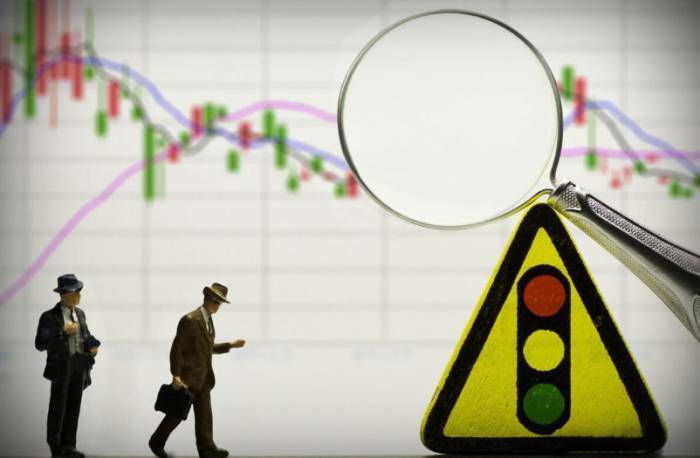
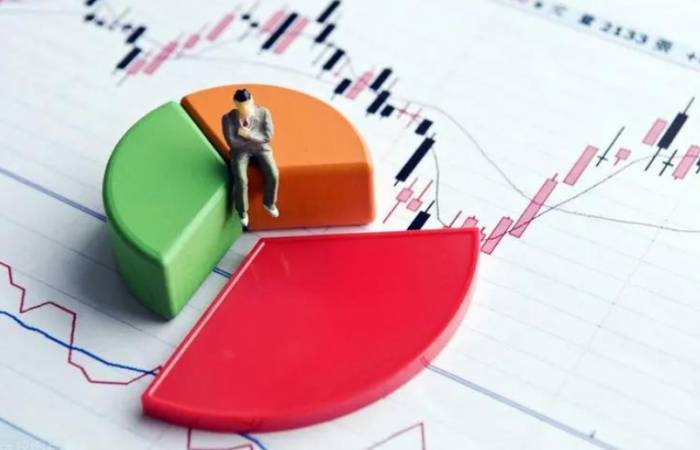



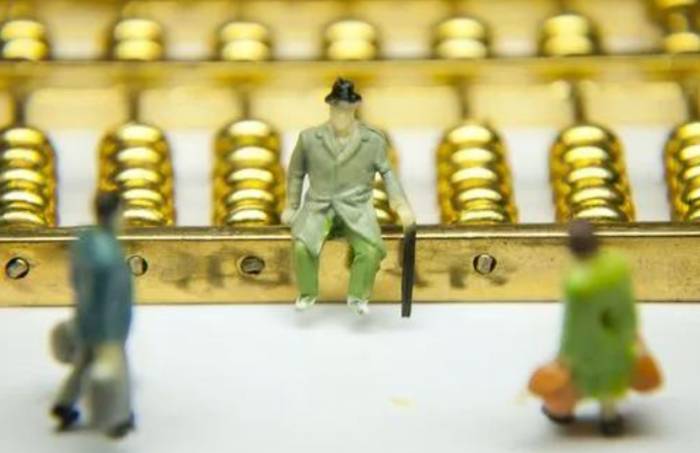
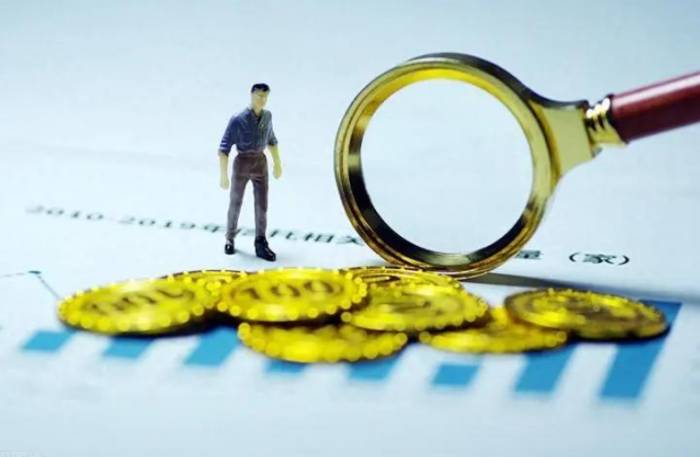
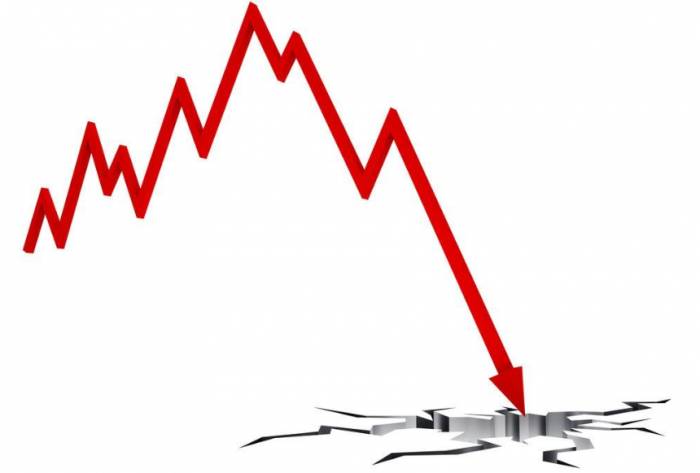

















Comments